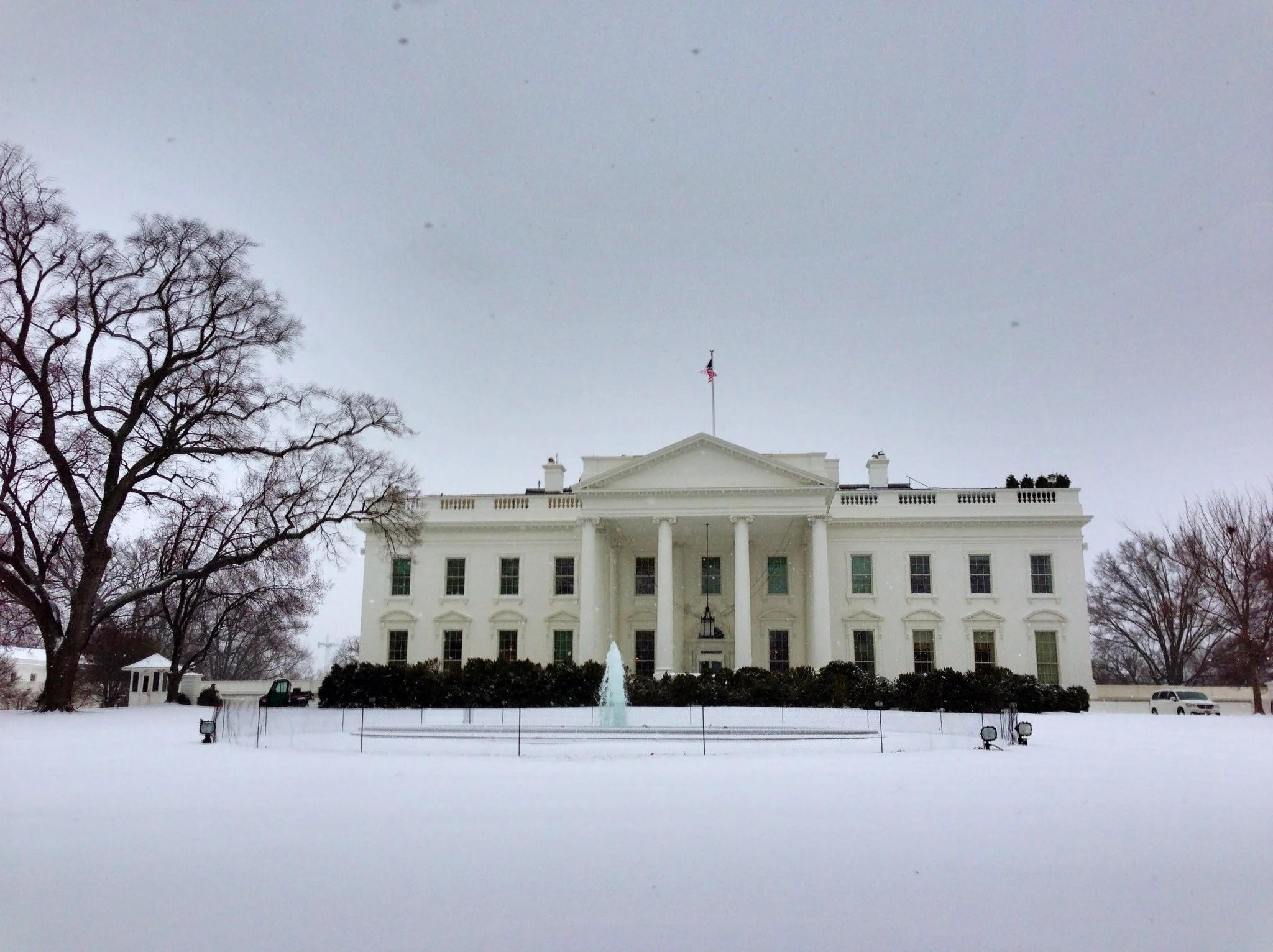Introduction: Why Does Your Newsfeed Feel So... Coordinated?
Have you ever scrolled through your newsfeed or flipped through channels and felt a strange sense of déjà vu? A feeling that everyone, from national outlets to your local station, is shouting from the same script? This isn't just a symptom of a polarized nation; it's the result of a deliberate and rapid consolidation of media power.
Have you ever wondered who is really shaping the news you consume every day? The answer is more concentrated—and surprising—than you might think. Below, we reveal five of the most impactful and counter-intuitive truths about media ownership today, based on recent analysis of the corporate and political forces quietly reshaping what you see, hear, and read.
--------------------------------------------------------------------------------
1. It's Not Your Imagination: Just Five Companies Control 90% of Your Media
The sheer scale of media consolidation in the United States has reached a critical point. As of 2025, just five mega-corporations now control approximately 90% of all media content consumed by Americans. This concentration allows a handful of individuals and boards to dictate the editorial direction of hundreds of distinct media outlets.
Recent acquisitions reveal a multi-generational, multi-platform power grab. Consider billionaire David Ellison, son of Oracle co-founder Larry Ellison. His Skydance–Paramount merger gave him control over the once-storied CBS News and its 28 local TV stations. Not stopping there, he acquired Bari Weiss’s influential digital publication, The Free Press, and is actively pursuing Warner Bros Discovery, which owns CNN. This consolidation becomes even more profound when you realize that his father, Larry Ellison, is simultaneously positioned to control TikTok’s U.S. operations. In one move, a powerful tech dynasty is seizing control of both traditional news and the primary social media channel of the next generation, raising unprecedented concerns about viewpoint diversity and democratic accountability.
2. Your Local News Is Now a National Political Mouthpiece
Local news, once the most trusted source for community-focused reporting, is increasingly becoming a vehicle for national political agendas. The trend of consolidation is hollowing out local newsrooms and replacing them with centrally produced content. Today, broadcast conglomerates like Sinclair, Gray, and Nexstar control a staggering 40% of all local TV news stations. Research shows that when these large chains take over, coverage of locally elected officials and community issues declines sharply.
This shift, however, is not an unavoidable market trend but a specific ideological choice. While some owners, like Nexstar, often increase local coverage after an acquisition, Sinclair Broadcast Group consistently reduces it by around 10%. Sinclair has become notorious for ordering its local news anchors across the country to read identical, pre-packaged scripts that echo national conservative talking points. In one infamous instance, anchors were forced to deliver a centrally produced speech warning viewers about the dangers of "fake news," a direct echo of political rhetoric from the Trump administration. This strategy transforms trusted local news anchors into mouthpieces for a national partisan agenda, replacing essential community reporting with ideological or entertainment-style stories.
3. It’s About Power, Not Profit: How New Owners Are Ignoring Viewers to Push an Agenda
One of the most counter-intuitive findings is that the rightward shift in media isn't always driven by audience demand or a desire for higher profits. In some cases, the primary motivation appears to be the imposition of an owner's political ideology, even if it drives viewers away.
An academic study on Sinclair Broadcast Group provides the clearest evidence. Researchers analyzed local stations before and after their acquisition by Sinclair and found two startling results. First, the stations showed a distinct rightward political shift in their coverage. Second, they actually lost viewers. On average, the newly acquired stations saw viewership decline by 600 people in the months after they were acquired. Nationwide, Sinclair's local news attracted an average of 7,000 fewer households than their rivals in the same markets.
This data strongly suggests that the goal isn't necessarily to cater to the audience but to impose the owners' views. As study co-author Gregory J. Martin explains:
One possible explanation for the media slant is that stations are just catering to what audiences want. The alternative explanation is that owners are imposing their views. What we show is that ownership preferences have an influence on content.
4. The Referee Is Playing for the Other Team: How Government Pressure Shapes the News
The consolidation of media isn't just a corporate trend; it's actively enabled and shaped by government pressure. Federal agencies and political actors are increasingly using their regulatory power to influence media content and reward compliant behavior. The dynamic has been described as an effort to create a “Big Cancel Culture of the state,” coercing media giants into self-censorship to protect their business interests.
This pressure has been applied across multiple networks. ABC suspended Jimmy Kimmel's late-night show after the chair of the Federal Communications Commission (FCC), Brendan Carr, publicly threatened to revoke broadcast licenses over Kimmel's comments about a right-wing figure. Similarly, CBS canceled Stephen Colbert's show for "financial reasons" that were widely seen as a capitulation to ensure the approval of its pending merger deal.
These actions are part of a coordinated strategy. Carr, a regulator tied to the conservative think tank Project 2025, has actively pushed to raise media ownership caps, directly facilitating the mega-mergers discussed earlier. The FCC also delayed its approval of the Skydance-Paramount merger until Paramount settled a $16 million complaint filed by then-President Trump against its subsidiary, CBS News, over an interview with Kamala Harris. This creates a chilling effect where media conglomerates, reliant on regulatory approval, become uniquely vulnerable to political coercion.
5. The 'Wild West' of the Internet Is Now a Conservative Kingdom
The long-held belief that the internet provides a level playing field for diverse ideas is now a myth. The online media ecosystem, from podcasts to streaming shows, is overwhelmingly dominated by right-leaning voices, many of which are not the "grassroots" operations they appear to be.
A recent Media Matters study of the online landscape revealed a staggering asymmetry:
9 out of the 10 online shows with the largest followings are right-leaning.
Right-leaning online shows command nearly five times as many followers and subscribers as their left-leaning counterparts.
This dominance isn't confined to political commentary. It has seeped into supposedly nonpolitical categories like comedy and sports, with figures like Joe Rogan and Theo Von amplifying right-wing talking points to massive audiences. Furthermore, the grassroots narrative of many of these influencers is deeply misleading. Prominent figures like Charlie Kirk of Turning Point USA and Ben Shapiro of The Daily Wire have built their empires with millions of dollars in funding from billionaire conservative donors and dark-money groups, including Texas fracking billionaires Dan and Farris Wilk. This well-funded infrastructure has allowed the right to build a powerful and far-reaching digital media kingdom.
--------------------------------------------------------------------------------
Conclusion: Navigating the New Media Monolith
The picture that emerges is one of accelerating ideological homogeneity, where the news you receive is increasingly filtered through the interests of a handful of powerful corporate owners and political actors. From your local news broadcast to your favorite podcast, the ecosystem is being systematically engineered to favor a narrow set of viewpoints.
This reality challenges the very foundation of a well-informed citizenry. The U.S. Supreme Court has affirmed that "the widest possible dissemination of information from diverse and antagonistic sources is essential to the welfare of the public." In an ecosystem designed for uniformity, how can we, as citizens, ensure we are hearing those diverse and antagonistic sources of information that democracy depends on?

